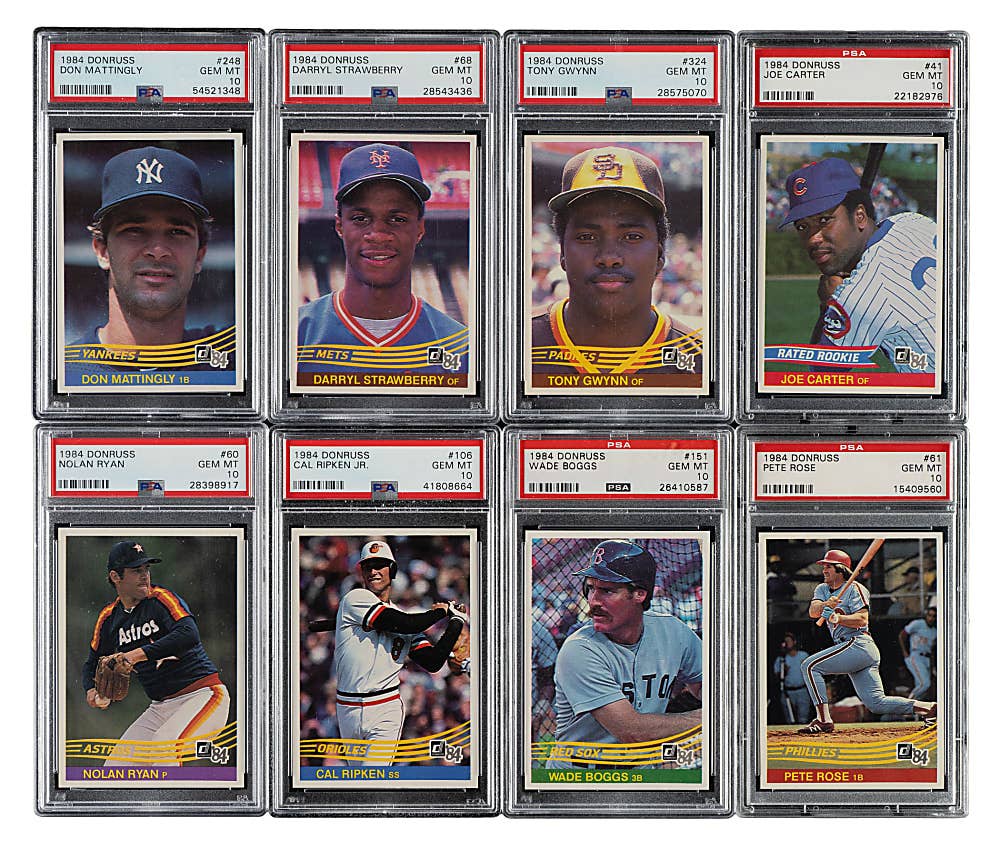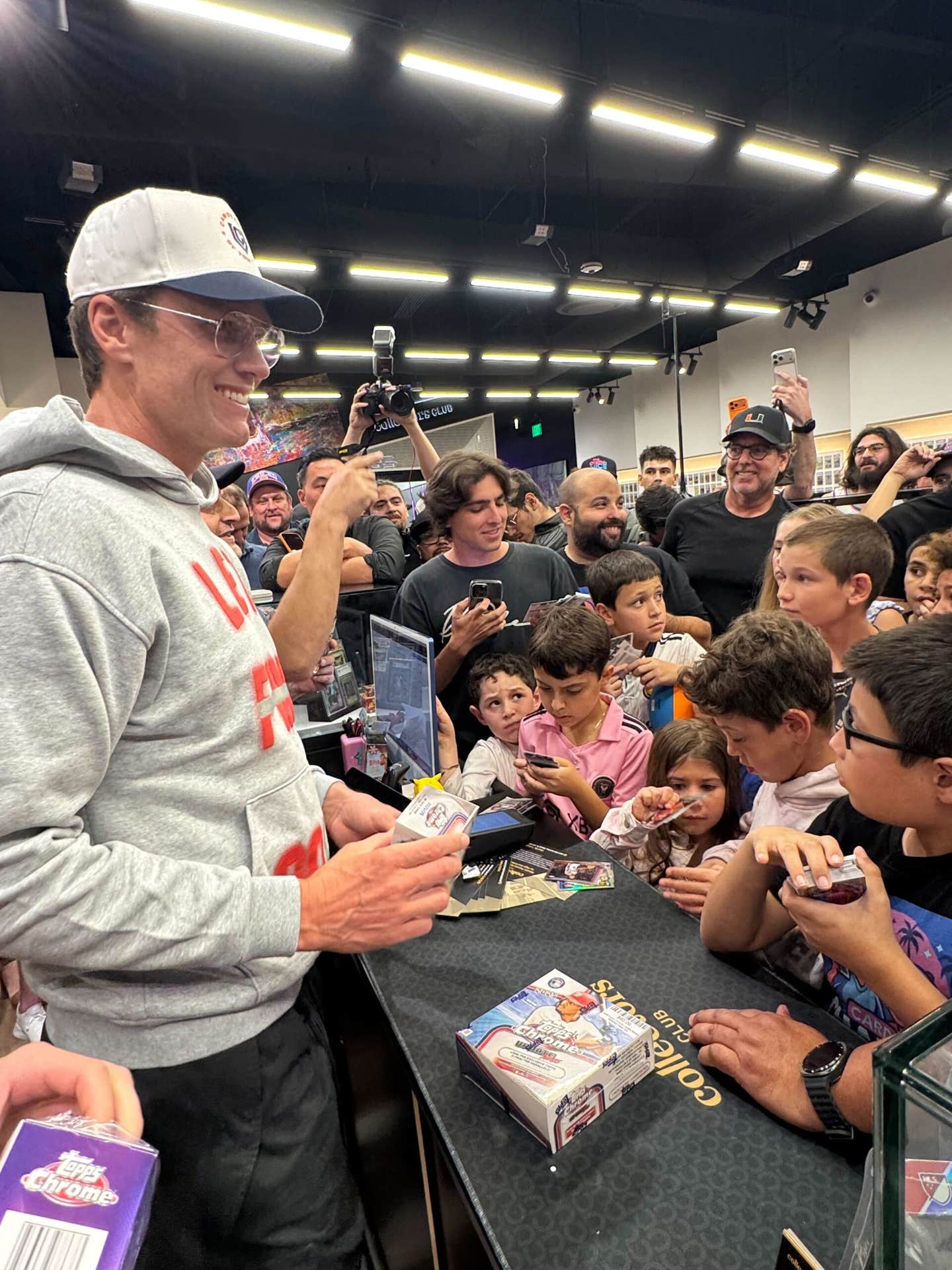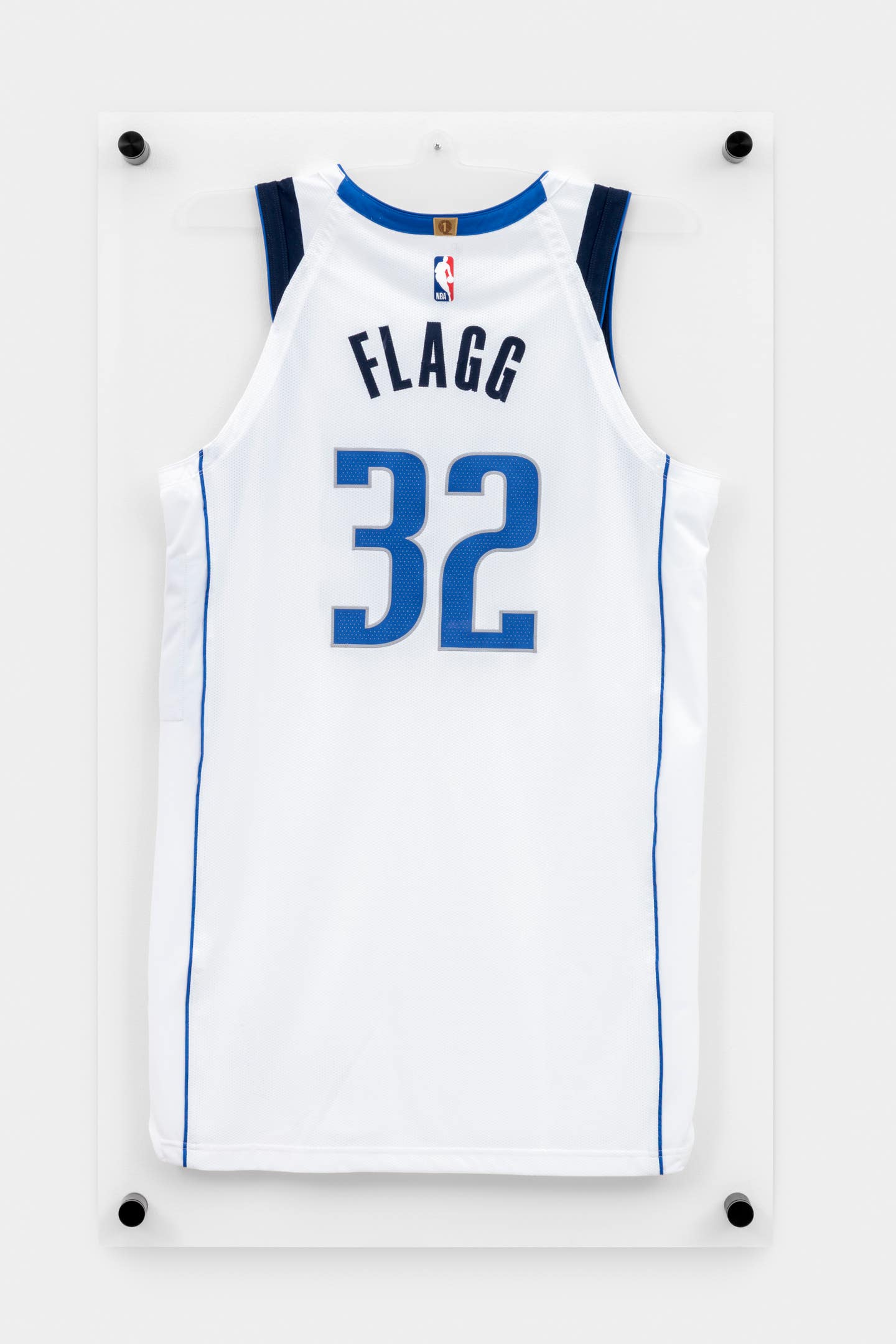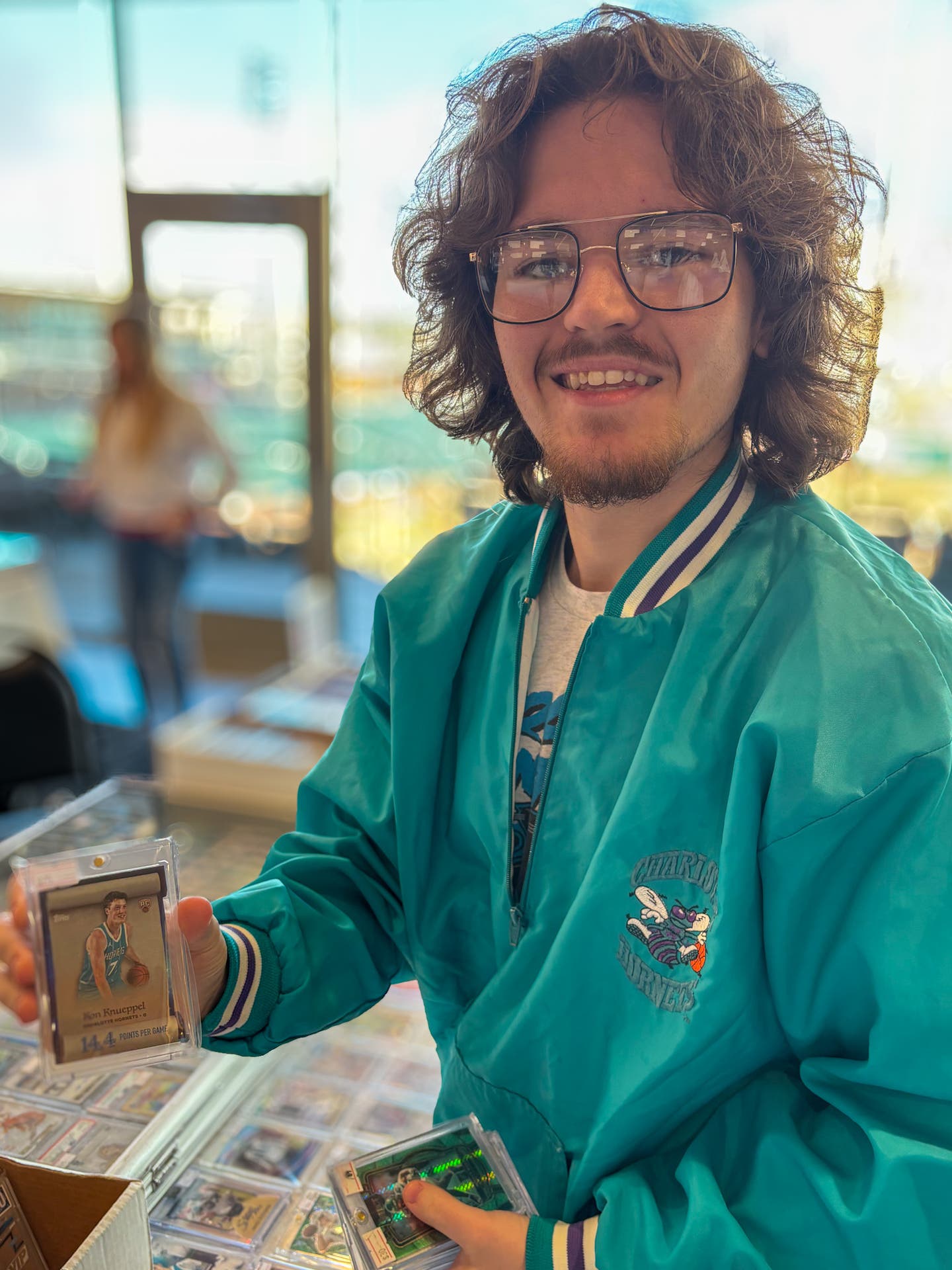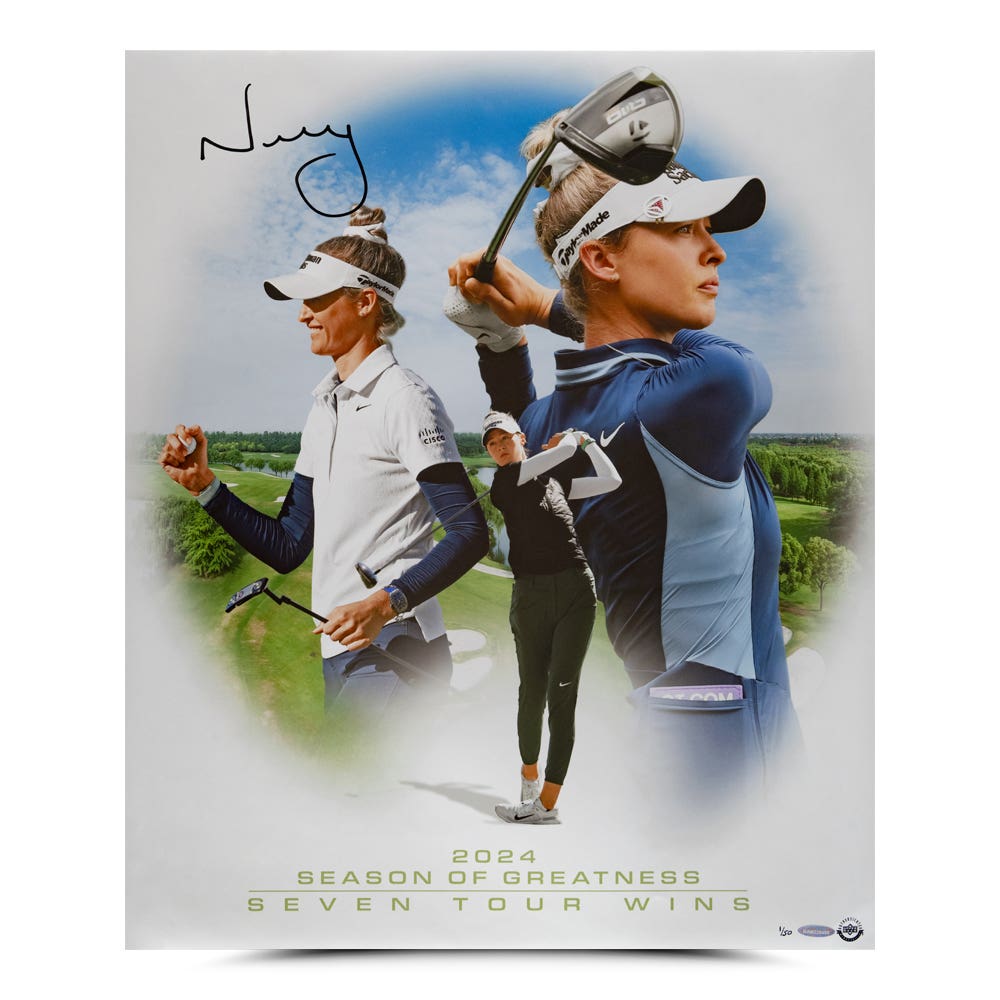Walter Payton
Tony Dorsett talks Cowboys, collecting, 1978 rookie card and his NFL heroes
Tony Dorsett was born and raised in Western Pennsylvania.
A high school star on the football field and basketball court at Hopewell High School in Aliquippa, Dorsett didn't come into his own as a running back until his junior season. Once he proved his doubters wrong, it was full steam ahead as he was an All-State selection his junior and senior seasons and broke numerous high school rushing records.
The supremely talented running back stayed in Western Pennsylvania and attended the University of Pittsburgh, where he became a force of nature and a national star.
He burst onto the college scene with 1,586 yards rushing as a freshman, which stood as the all-time NCAA record for two decades. By the third game of his sophomore season, he was already Pitt's all-time rushing leader.
His senior season of 1976 was the crown jewel and capper of his amazing college career as he led Pittsburgh to the national championship and captured the Heisman Trophy. TD left college football as the game's all-time leading rusher with over 6,000 yards.
Drafted second overall in the 1977 NFL Draft by the Dallas Cowboys, Dorsett was destined for stardom on the sport's biggest stage.
After silencing critics at every level, Dorsett made a near-immediate impact on America's Team.
The gifted rookie running back won the starting job past the halfway point of his first season and still rushed for over 1,000 yards, won NFL Rookie of the Year honors, and led the Cowboys to the Super Bowl XII title. Adding to his growing list of incredible accomplishments, he became the first player to win a college national championship and win the Super Bowl the following season.
During 11 seasons in Dallas, Dorsett became one of the greatest running backs of all time. He was a four-time Pro Bowler, a first-team All-Pro, and a two-time, second-team All-Pro, and in 1994, he was elected to both the College Football and the Pro Football Halls of Fame.
With a legendary blend of speed, precision, instincts, and vision, Dorsett retired as the second-leading rusher in NFL history.
In this exclusive interview with Sports Collector's Digest, the Hall of Famer talks about his love for fans, seeing his iconic 1978 Topps rookie card for the first time, and more.
You had an astounding 3,455 total cards produced over the years. Do you have a favorite?
Yeah, I have a few favorites. As a matter of fact, I don’t know how many I have at my house, but I have quite a few of them that, over the years, I have seen and I like.
Your classic rookie card appeared in 1978 Topps. You had a few other cards produced that season as well. What was it like seeing yourself on a trading card for the first time?
That’s me. I was very impressed with the fact that I was on a card. I said, ‘Man, when am I going to be on a card?’ When it happened, it was like, ‘Yeah, I made it!’
Growing up in Western Pennsylvania, what professional athletes did you admire?
As a kid growing up, it was pretty simple. I had four older brothers who were all exceptional high school athletes. I wanted to follow in their footsteps. I was the only one who went to college and stayed in college. The rest is history. My heroes were my brothers.
As a superstar running back and sports icon, when was the first time you were asked for your autograph?
When it happened, it was a situation where I was kind of like, ‘Why does somebody want an autograph?’ But when you get that national exposure, you understand. It’s not so bad.
Playing for passionate fan bases like the University of Pittsburgh and the Dallas Cowboys, what was the most memorable fan interaction you've ever had?
I don't know the person's name or anything like that, but it was back when I was in college. We were playing Penn State. When I was coming out of high school, the big hometown newspaper wrote in big, bold print, it said, ‘Penn State Next Stop.’ Well, it didn’t work out that way. When Pitt changed coaching staff with Johnny Majors and Jackie Sherrill, I decided to go to Pitt. I have seen fans that were crazy. I wasn’t a collector, but I understood people that admired athlete’s talent. For me, coming out of Aliquippa and going to the University of Pittsburgh, they knew me all around the country and in other parts of the world. It was interesting. It was motivating as well.
I saw you at The National, and I was impressed with your genuine time with fans. You were one of the most entertaining, friendly, and engaging athletes in attendance. How important is it to have those special, one-on-one moments with fans?
I think it’s needed more with athletes. These are the people who really make us who we are. These are the people who buy tickets that root and cheer and scream for us and help us get these big contracts. I always felt that fans always got me going. When I was going to a game and didn’t feel like playing football, and then I went to the stadium, and I saw all the fans screaming and yelling, it was quite interesting. I love the fans.
As one of the greatest running backs in college and pro football history and a member of an iconic franchise such as the Cowboys, do you have a mancave or a personal collection of memorabilia?
Oh, yeah. My memories are so much in trophies and things of that nature. Going through high school, college, and as a professional, I have trophies that I admire and that are on display in my home and in my office. When people come in, it’s like, ‘Oh, man!’ It impresses. It’s like, ‘Yeah, man. What do you think?’ I enjoy that part of it.
The jersey swap is a new tradition that modern athletes do to pay homage to their contemporaries. If you could go back and do a jersey swap with any of your opponents, who would it be and why?
Well, there are quite a few. It was a player that played my same position. Walter Payton was the man. Walter Payton set the standard back in the day. Before him, and a lot of people don’t want to hear this name, but O.J. ‘The Juice’ was the man. Everybody wanted to be like O.J. That was it. Sweetness set the standard for everybody back then. He wasn’t the fastest guy in the world. He wasn’t the shiftiest guy in the world, but he was Walter Payton. He was a bad man. He made things happen.
I have a bit of a personal story to share. My name is Tony. My dad was a huge Pitt fan. I was born in July of 1978. By that point, you had won the Heisman Trophy and were already making a career for yourself in Dallas. I am literally named after you.
Hey, man, there is nothing wrong with that. I am glad I got a chance to meet you.
Tony Reid has written about sports collectibles for such publications as Beckett and Sports Collectors Daily. He collects RCs of star players in baseball, basketball, and football. You can reach him at @reidrattlecage on all social media platforms.



